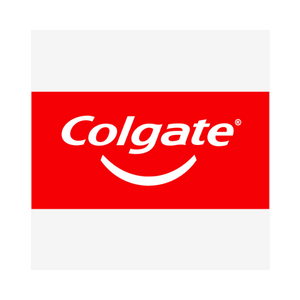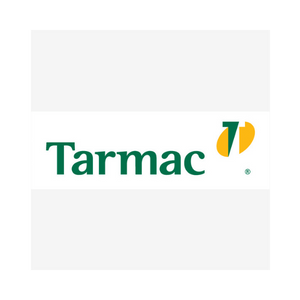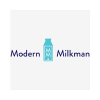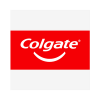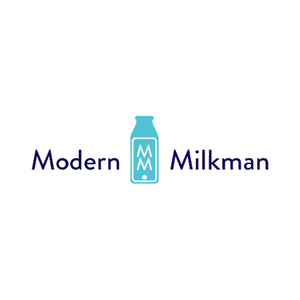Alcohol-Based Hand Sanitisers Against Germs & Viruses
Bacteria and viruses can be dangerous for our health and we all know that washing our hands as often as possible with soap and water are the best protection for us. However, with the coronavirus infection, we all need to be extra vigilant and need to ensure that our hands are disinfected every time we touch something.
The World Health Organization and UK public health authorities recommend that we use alcohol-based hand sanitisers as the next best option. Consumers need to be aware that not all hand sanitisers are safe, and that during the pandemic there have been recalls of some because of the type of alcohol used. Additionally, alcohol based sanitsers UK don’t all have enough alcohol to kill bacteria and viruses.
Read on to find out everything you need to know about hand disinfectant use and safety.
What Is The Difference Between Alcohol Hand Sanitising Gel And Alcohol Sanitizing Liquid?
According to all the health specialists across the globe, alcohol-based hand sanitisers need to have at least 60% medical grade alcohol for them to be safe. Different types of alcohol may be used and on the labels of products it may be labeled as ethanol, isopropyl alcohol, or ethyl alcohol. Methanol should never be used in products meant to be consumed or used on the skin because it is toxic.
Additionally, hand sanitising gels and liquids cannot have more than 80% alcohol content. This is too strong for use on the human body.
Any product that indicates that it’s using another disinfectant ingredient may not be as effective at killing bacteria and viruses. Many sanitisers on the market have also been found to make false claims as they have no disinfectants in them. Consumers need to know that they may not be protected enough, and maybe not at all, with products that make false claims.
Therefore, whether you opt to use an alcohol sanitising gel or liquid, if they have more than 60% alcohol, they are both effective. Their only difference is that the liquid dries faster than the gel, and the gel leaves more of a residual biocide lowering the risk of cross contamination even more. Gel is not always preferred for use with spray bottles because it can clog their nozzle. Equipment and surfaces are easier to wipe down with alcohol sanitising liquid.
How Does Alcohol Work To Help Fight Against COVID-19?
This novel coronavirus is called an enveloped virus because its genetic material is coated in a lipid layer. Soap and alcohol are the two effective ways that this fatty layer can be dissolved. Once the lipid covering is dissolved, the binding cells that hold the virus together fall apart, rendering it harmless.
All soaps, liquid or gels have the mechanism to dissolve even enveloped viruses like the coronavirus. This is because soaps contain detergents and surfactants and these are naturally antibacterial. The same applies to shampoos and shower gels, they can be used if hand soap can’t be found. Dishwashing soap is as effective, but because it has ingredients to dissolve grease, it is harsh on the skin.
Alcohol has the exact same effect on the virus, and as it dissolves its lipid layer, the virus becomes ineffective.
How Is It Best To Apply Alcohol-based Hand Sanitisers?
Both alcohol-based hand sanitising gels and liquids need to be applied in a generous amount on the hands. The hands are rubbed together to ensure complete coverage, and excess product must not be wiped off, but allowed to air dry. This offers the best protection.
Surfaces and equipment can be wiped with the alcohol sanitising liquid and allowed to dry before they are safe to use.
How Effective Are Hand Sanitisers On Dirty Hands?
Hand sanitisers cannot remove grease and visible dirt from the hands. Soap and water are the best way to ensure that these are removed. APT Germ Free is used to ensure that grease and visible dirt is removed from hands.
Why Should You Buy A Trusted UK Hand Sanitiser?
If you need to use sanitiser liberally throughout the day, then you need to know that it is effective against bacteria and viruses, yet soft on your skin.
If it is to offer all these you need to look for a trusted UK hand sanitiser that also has the right certifications.
APT is the trusted British manufacturer and supplier of sanitisers and have been serving their customers for over 30 years now. Their alcohol-based hand sanitising liquid and gel have always been preferred and with the pandemic, they have been used by the NHS, police, government departments, institutions, and businesses.
Fully Certified And Effective
Both the APT Liquid Hand Sanitiser and APT Gel Hand Sanitiser conform to the British and European Standards and have BS EN1276 and EN1500 certification. These independent test methods evaluate the effectiveness of the disinfectants and their safety.
APT products contain the highest bactericidal properties and kill 99.99% of all known germs. APT uses a 70% alcohol solution of surgical grade alcohol, making it highly effective at killing even the hardiest of viruses and enveloped infectious diseases like the coronavirus.
Kind To The Skin And Odourless
The frequent use of hand sanitising products can dry out the skin of the hands. When the hands dry out, the skin can break and this can result in infections. Also, some people are more prone to dermatitis which causes the skin to be more sensitive. APT adds skin conditioners and emollients to both disinfecting hand products to maintain the pH of the skin and protect it from drying out.
Another advantage of using APT sanitising gel and liquid is that they are safe to use in food production areas.
Other Advantages Of Using APT Alcohol Sanitising Gel And Liquid
All businesses and organisations using the products reduce their costs because of the controlled amount of dispensed product.
Both the products spread across the surface of the hands easily and can also be sued to sanitise other surfaces, including trolleys, carts, handles, toilet seats, etc.
The refillable containers also help reduce the environmental impact and cut down on water use because they don’t need rinsing.

























